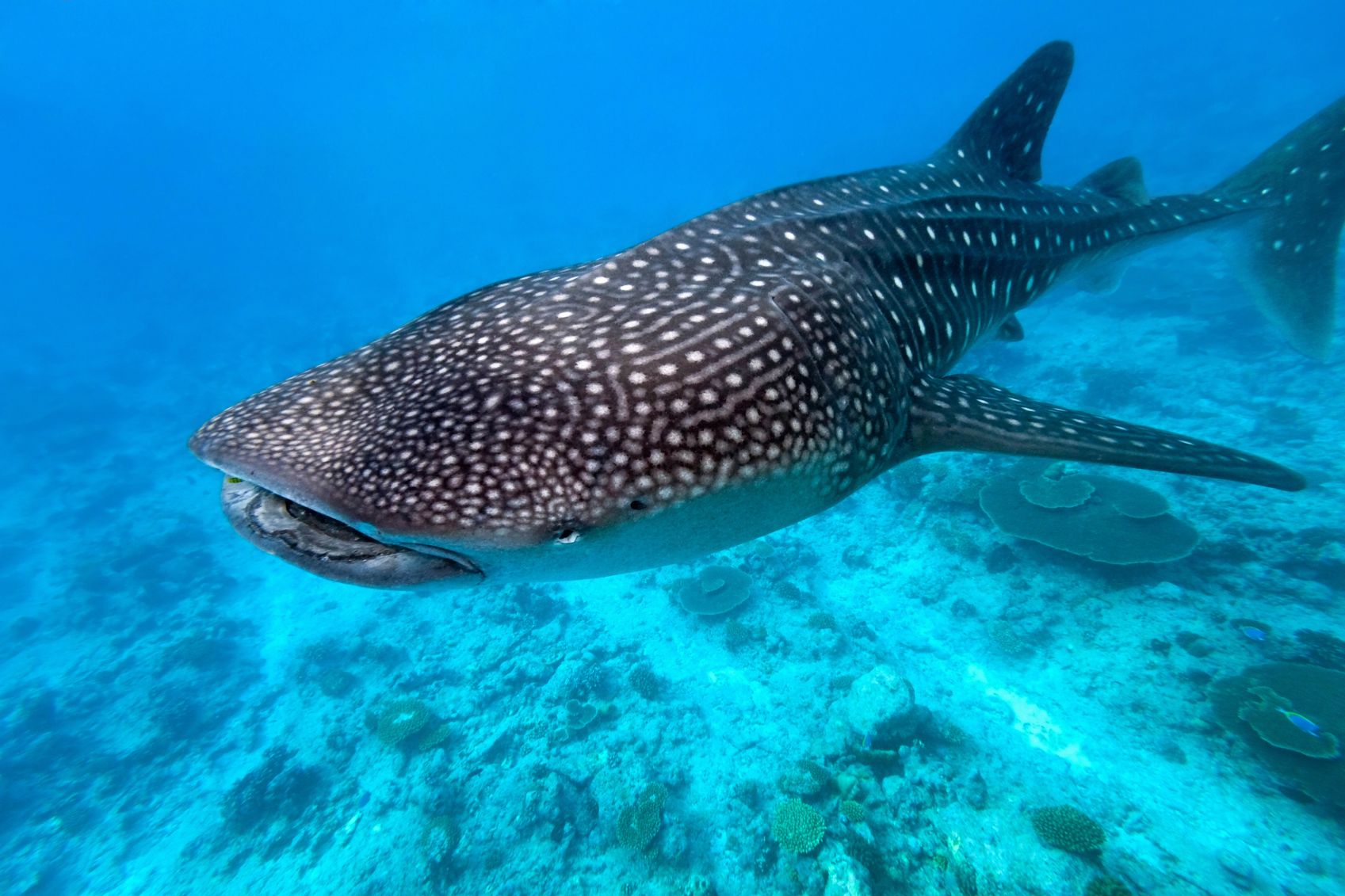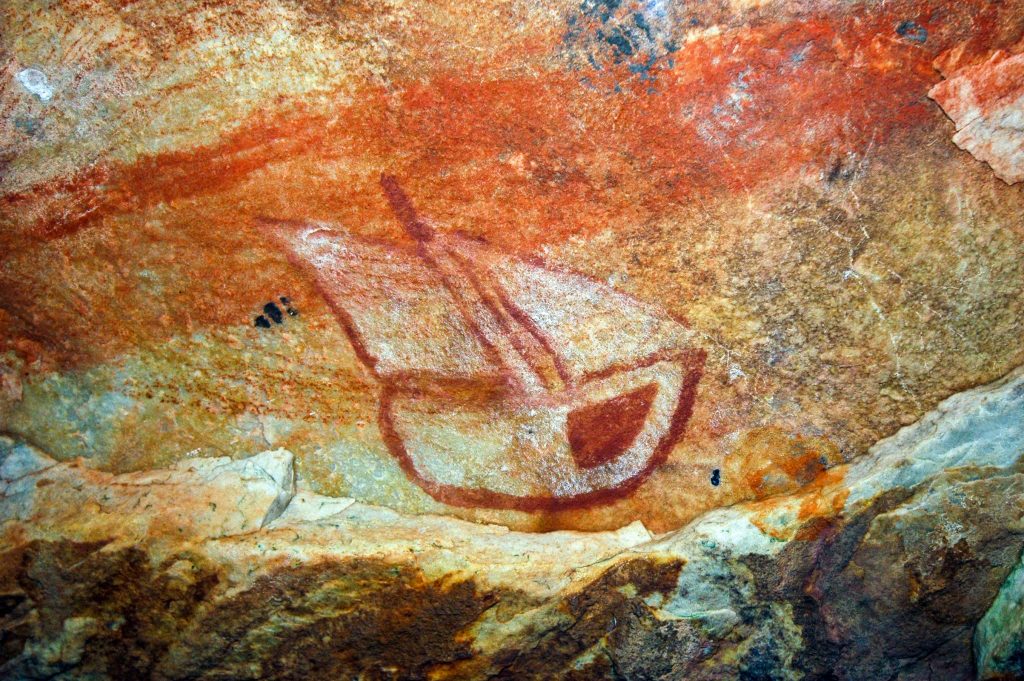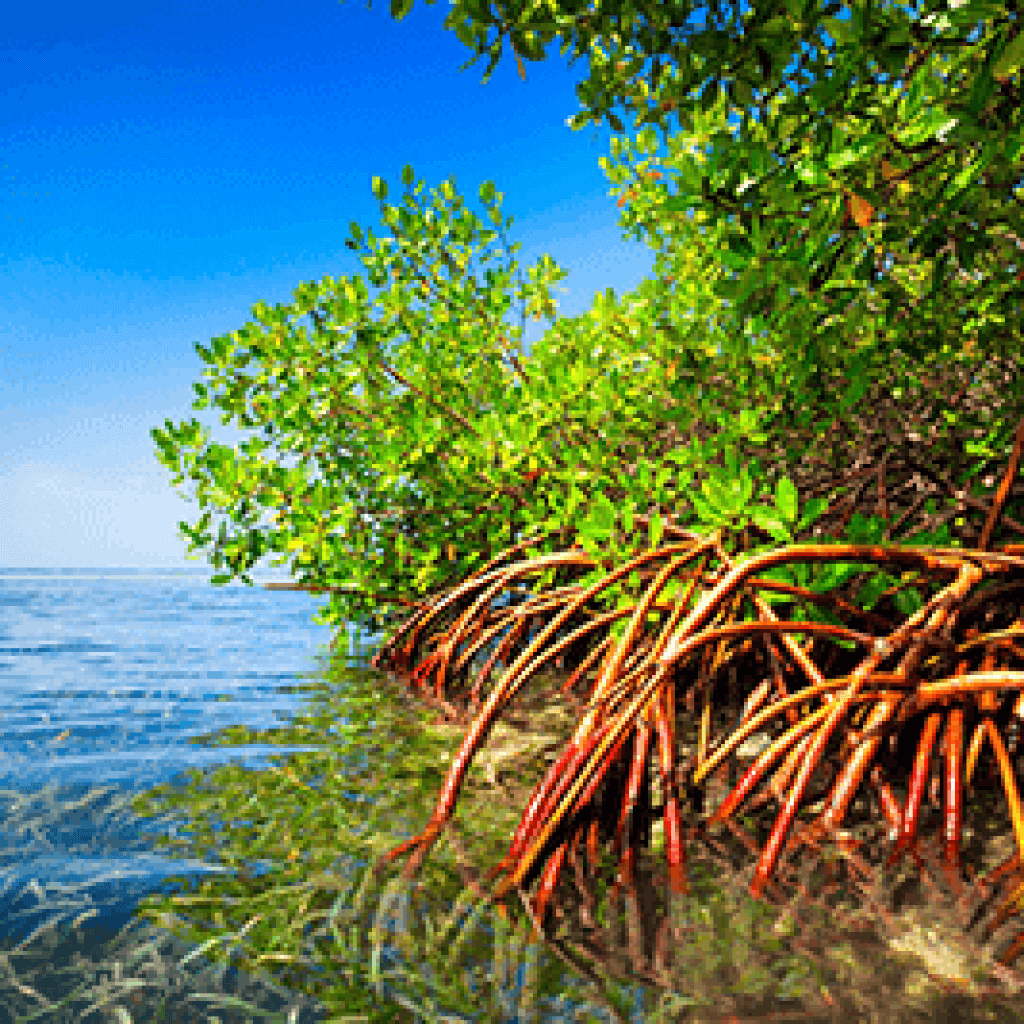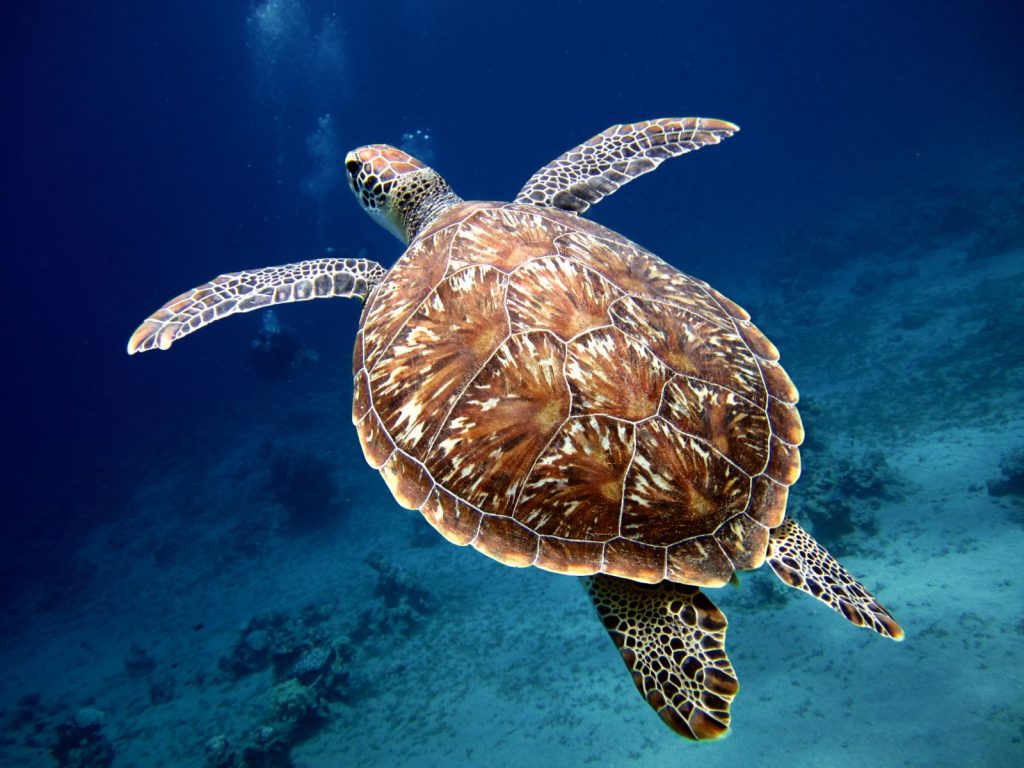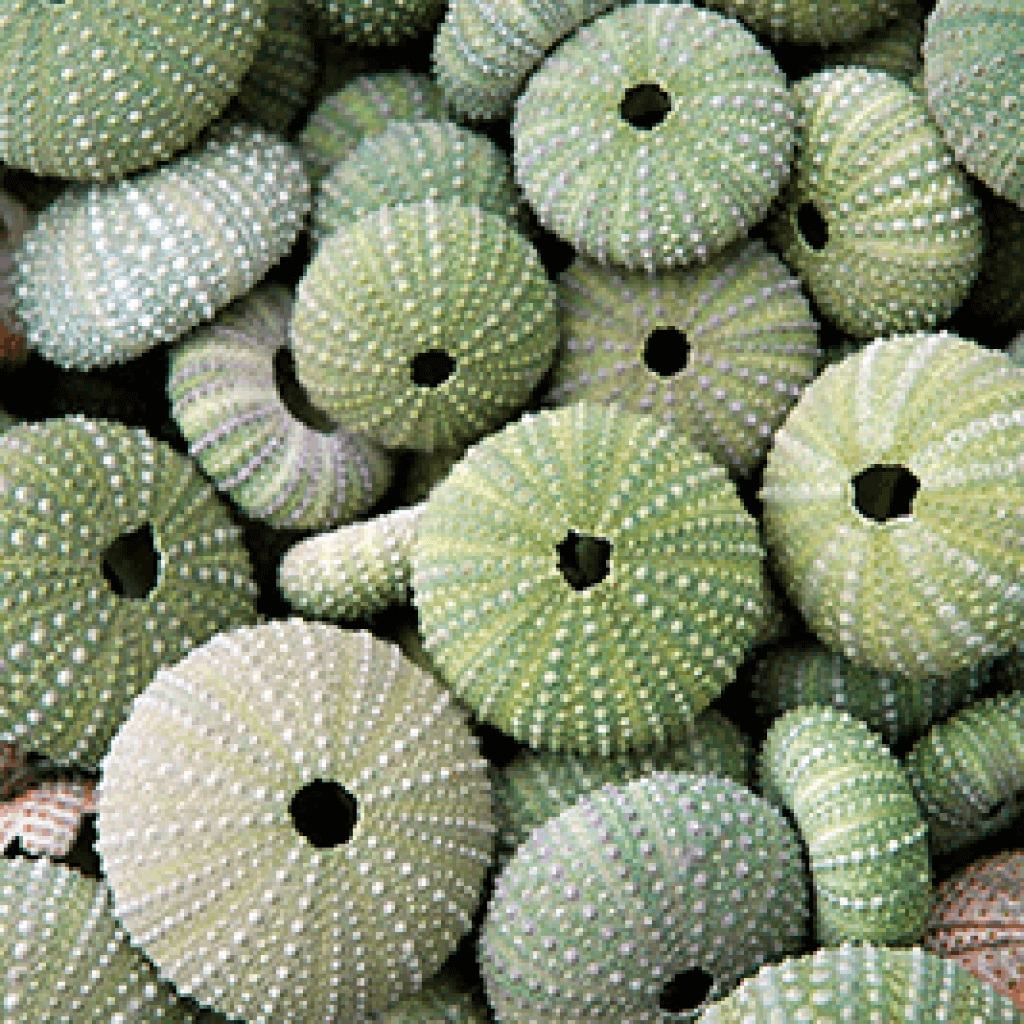Sea Country Education
Traditional Ecological Knowledge
Sea Country Education is a consultancy service established by Marie Taylor,
to facilitate and develop cultural stories into curriculum. The stories will be presented as Foundation to Year 10 lesson plans, aligning to the Australian Curriculum.
This service has been designed to promote resources for Traditional Ecological Knowledge, to insight imagination and play, learning through the words of Traditional Owners.
Consultancy services are provided to assist Traditional Owner groups and Land and Sea Country Rangers to best develop, promote and portray their cultural activities and accomplishments in Tourism and Sea Country Citizen Science Projects.
Sea Country Education Connections
SEA COUNTRY EDUCATION FRAMEWORKS
 admin@seacountry
admin@seacountry
 May 23, 2019
May 23, 2019
THE ART AND SCIENCE OF TEACHING
 admin@seacountry
admin@seacountry
 May 23, 2019
May 23, 2019
INDIGENOUS EDUCATION AND INTERPRETATION
 admin@seacountry
admin@seacountry
 May 23, 2019
May 23, 2019
CULTURAL / PLACE BASED LEARNING
 admin@seacountry
admin@seacountry
 May 23, 2019
May 23, 2019
SEA COUNTRY CITIZEN SCIENCE
 admin@seacountry
admin@seacountry
 May 23, 2019
May 23, 2019
INNOVATION AND COLLABORATION
 admin@seacountry
admin@seacountry
 May 23, 2019
May 23, 2019
EXPERTISE


Knowledge & Expertise
Cultural resources
for education


Education Interpretation
Showcasing culture
and language


Training and Development
Links to education and
training pathways for Sea Country


Place Based Projects
Sharing culture on place


Interactive Partnerships
Government, education,
local community, and tourism
LIVE THE DREAM
Sea Country Projects

Curriculum
Perspectives that reflect individual and community experiences, cultural beliefs, and values. Curriculum acknowledging and connecting Aboriginal and Torres Strait Islander peoples’ ways of knowing, viewing, and relating to the world. Curriculum designed for local community and place.

Cross Cultural Exchange
Cross cultural education assists students to learn more about themselves through the learning of others. Our world is filled with amazing, diverse people and cultures. Understanding our world, promotes value and respect of other cultures and our own.

Capacity Building
Capacity building fosters a sense of ownership and empowerment. Communities can initiate cultural education and language resources for sustainable development. Opportunities to create cultural communication technologies as a platform for traditional ecological knowledge.
Strategies for Engaging Culture
Aboriginal and Torres Strait Islander peoples are rich in environmental knowledge and can provide important perspectives when considering the impact of economic decisions on the environment. Aboriginal and Torres Strait Islanders peoples are also a source of sustainability strategies that can contribute to our collective well-being.
Culture of Aboriginal and Torres Strait Islander people presents a unique view of the world that is distinct from the mainstream. When people are disconnected from culture, this has a deep impact on their sense of identity and belonging, which gives meaning and purpose to people’s lives.
Language is intrinsic to the expression of culture. As a means of communicating values, beliefs, and customs, it has an important social function and fosters feelings of group identity and solidarity.
Keeping culture and language alive at home and in school will reinforce a sense of identity and will build self-esteem among students. Learning and speaking language will enable students more opportunities for studying, working, traveling, and succeeding in their professional life.
Aboriginal and Torres Strait Islander perspectives will enhance the educational experiences of non-Indigenous students. It is important to acknowledge and respect each other’s perspectives and new ways of seeing and learning about our world.
